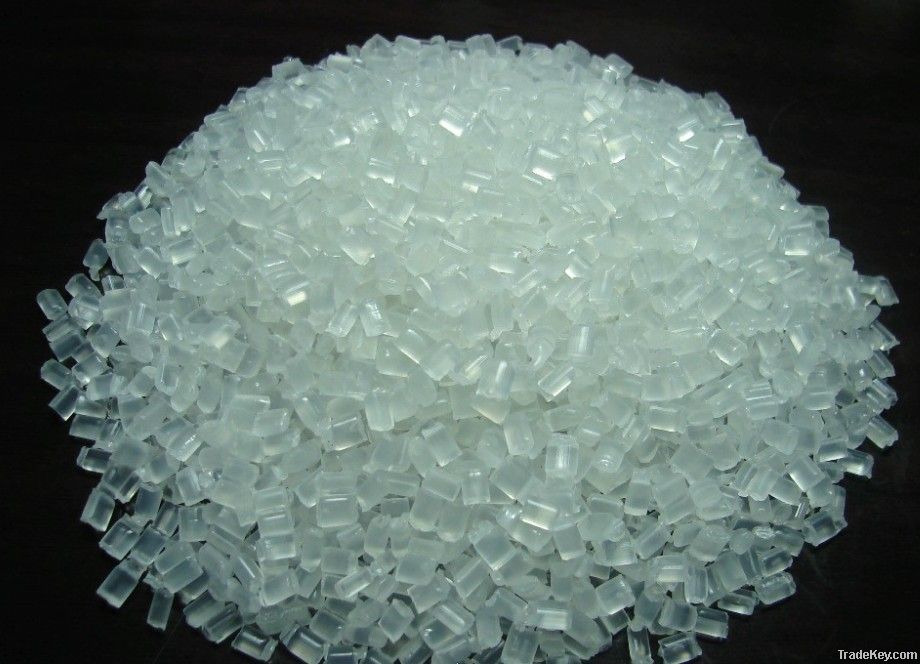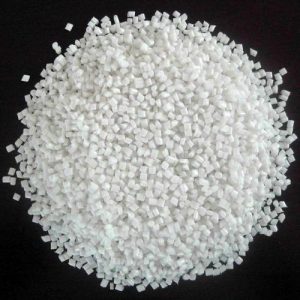General-Purpose Polystyrene (GPPS) is a transparent, rigid, and brittle thermoplastic polymer. It is commonly used in applications where clarity and stiffness are important, such as packaging materials, disposable cups, and CD cases. GPPS is easy to process via methods like injection molding and extrusion, making it suitable for mass production. However, it lacks impact resistance and may become brittle at low temperatures. Despite its versatility and cost-effectiveness, GPPS is not biodegradable and can contribute to environmental pollution if not properly recycled.
The main key values of General-Purpose Polystyrene (GPPS) are:
Clarity: GPPS is transparent, allowing for excellent visibility of packaged contents or printed materials, making it suitable for applications where visual appeal is important.
Rigidity: It possesses high rigidity and stiffness, providing structural integrity to products such as packaging materials, disposable cups, and CD cases.
Ease of Processing: GPPS is easily processed using methods such as injection molding, extrusion, and thermoforming, enabling efficient and cost-effective manufacturing processes.
Versatility: It can be easily molded into various shapes and forms, making it suitable for a wide range of applications in industries such as packaging, consumer goods, and electronics.
Cost-Effectiveness: GPPS is relatively inexpensive compared to other engineering plastics, making it an economical choice for mass-produced items.
Electrical Insulation: GPPS exhibits good electrical insulation properties, making it suitable for use in electrical and electronic applications.
Recyclability: While GPPS is recyclable, it is important to note that its recycling rate is relatively low compared to other plastics. However, efforts to improve recycling infrastructure and promote recycling initiatives can help reduce its environmental impact.
Properties:
Density: Typically ranges from 1.04 to 1.06 g/cm³, depending on the specific grade and manufacturing process.
Melting temperature: Generally between 200°C and 240°C, depending on the type of polymer and additives used.
Softening temperature: Approximately 80°C to 100°C, where it becomes pliable and can be molded or formed.
Decomposition temperature: Typically between 330°C and 360°C, indicating its thermal stability.
Elastic modulus: Generally between 2.0 GPa and 3.0 GPa, representing its stiffness and resistance to deformation.
Tensile strength: Typically between 40 MPa and 60 MPa, indicating its ability to withstand pulling forces.
Thermal conductivity: Low thermal conductivity ranging from 0.1 to 0.15 W/(m·K), making it suitable for thermal insulation applications.





